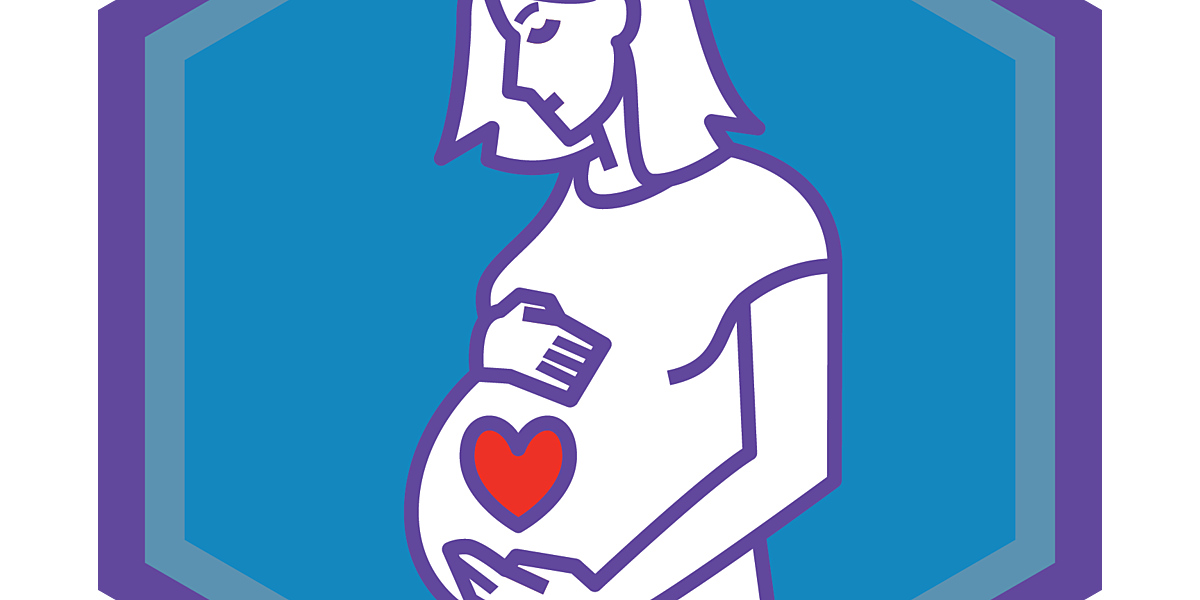PSDB: Deeper Dive into Breastfeeding
OCT 29, 2024
10:00 am CDT

Course Title: Deeper Dive into Breastfeeding
Trainer: Marieta Boeberg, IBCLC
Timing: 4 hours; Offered One Time Per Semester
Description: Breastfeeding is the normal way to feed babies and the ideal source of nutrition to support optimal health, growth, and development. The American Association of Pediatrics (AAP) recommends exclusive breastfeeding for the first 6 months. The AAP supports continued breastfeeding, along with appropriate complementary foods introduced at 6 months, as long as mutually desired for 2 years or beyond. Breastfeeding is a natural process; however, it does not always come naturally to new mothers. This session will provide evidence-based information about infant breastfeeding behaviors, development, and ways to provide support for common challenges to help mothers meet their breastfeeding goals and provide care that is inclusive, equitable, and culturally sensitive. Topics include strategies for providing anticipatory guidance and support to prevent breastfeeding problems and how to address barriers to breastfeeding from a strength based, developmental approach.
Learning Objectives:
- Explain the benefits of breastfeeding regarding infant health and development, maternal health, and broader global benefits.
- Identify laws and initiatives that aim to preserve and promote breastfeeding.
- Describe hospital or birth center practices and policies that promote breastfeeding.
- Recognize risk factors for potential barriers to breastfeeding.
- Summarize the physiology behind lactation at various stages of infant feeding.
Prerequisite Required: Breastfeeding 1, Breastfeeding 2, & Breastfeeding 3.
Competencies Addressed: Child Health, Safety, and Nutrition & Community Resources and Support
Reflective Questions:
- In what scenarios might you recommend and support a parent in utilizing a lactation consultant?
- In this training, you learned different ways to support a new mother with breastfeeding. Please describe one of the ways mentioned and how you will apply this to your practice.
- Identify local resources for breastfeeding supports and referrals. How would you assist a parent with accessing these services?
Event Details
| WHEN | October 29, 2024 from 10:00 am to 3:00 pm CDT |
|---|---|
| LOCATION |
Zoom
|
| CONTACT |
Kristy Roosa
kristy.roosa@hhs.iowa.gov |
| ICAL | Add this Event to your Calendar |
- HOSTED BY
- Kristy Roosa
- Author
- Iowa Department of Health and Human Services
- Skills Addressed
- Prenatal development Maternal health Professional development